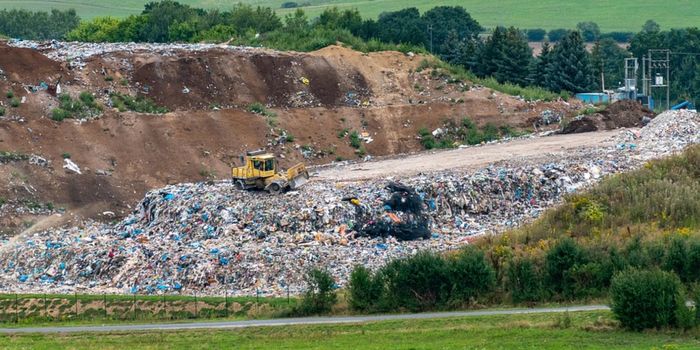The link between climate change and congenital heart defects
New research published in the Journal of the American Heart Association details a frightening reality: climate change may likely increase the number of babies born with congenital heart defects (CHD) in the United States within the next twenty years.
"Our findings underscore the alarming impact of climate change on human health and highlight the need for improved preparedness to deal the anticipated rise in a complex condition that often requires lifelong care and follow-up," said study senior author Shao Lin, M.D., Ph.D., M.P.H. "It is important for clinicians to counsel pregnant women and those planning to become pregnant on the importance of avoiding extreme heat, particularly 3-8 weeks post conception, the critical period of pregnancy."
The study predicts that the US could see as many as 7,000 additional cases over an 11 year-period in eight representative states (Arkansas, Texas, California, Iowa, North Caroline, Georgia, New York and Utah). That’s on top of the roughly 40,000 newborns that are born with CHD annually, following a statistic from the Centers for Disease Control and Prevention.
Lead author Wangjian Zhang, M.D., Ph.D. explained the significance of the study: "Our results highlight the dramatic ways in which climate change can affect human health and suggest that pediatric heart disease stemming from structural heart malformations may become an important consequence of rising temperatures."
To figure all this out, the team of researchers relied on NASA climate change forecast data as well as data from the Goddard Institute for Space Studies. Looking specifically at regions within the US where expecting mothers would be exposed to the most heat, they categorized their variables into three risk factor indicators: 1) the count of excessively hot days (EHD); 2) the frequency of extreme heat events (EHE); and 3) the duration of EHE. Then they combined this information with data from a previous study about the link between heat exposure and CHD and were able to predict how rising temperatures from climate change will affect maternal heat exposure and resulting CHD between 2025 and 2035. Their research indicates that the Midwest, Northeast, and South will experience the greatest increase of babies born with CHD due to maternal heat exposure over the next two decades.
"Although this study is preliminary, it would be prudent for women in the early weeks of pregnancy to avoid heat extremes similar to the advice given to persons with cardiovascular and pulmonary disease during heart spells," said Shao Lin.
Sources: Science Daily, Journal of the American Heart Association









